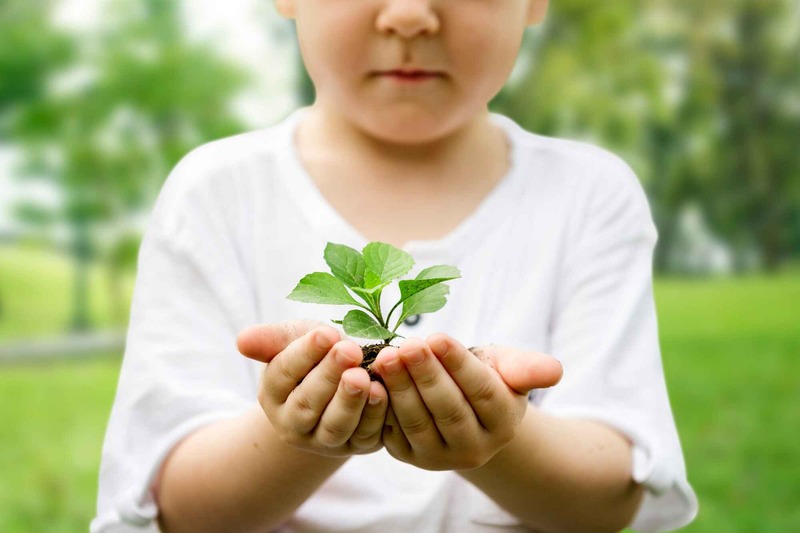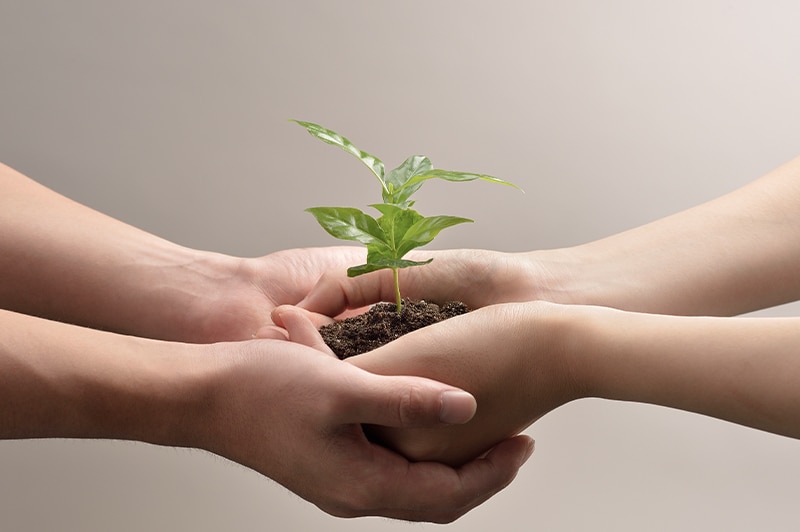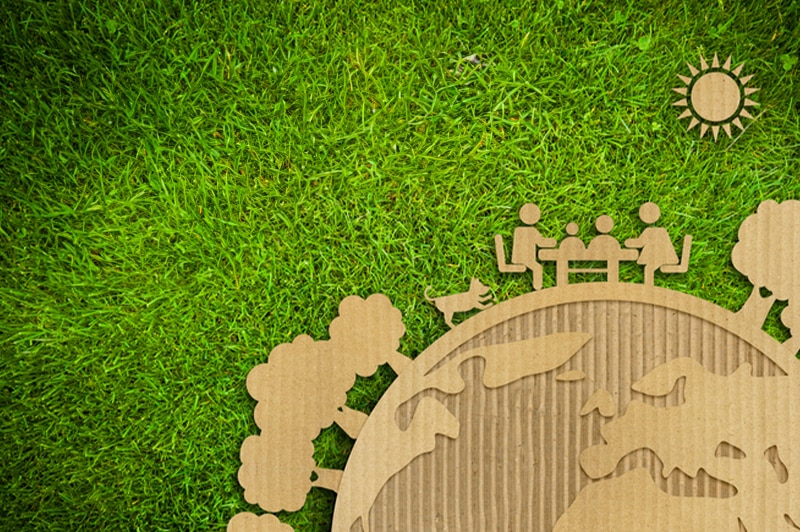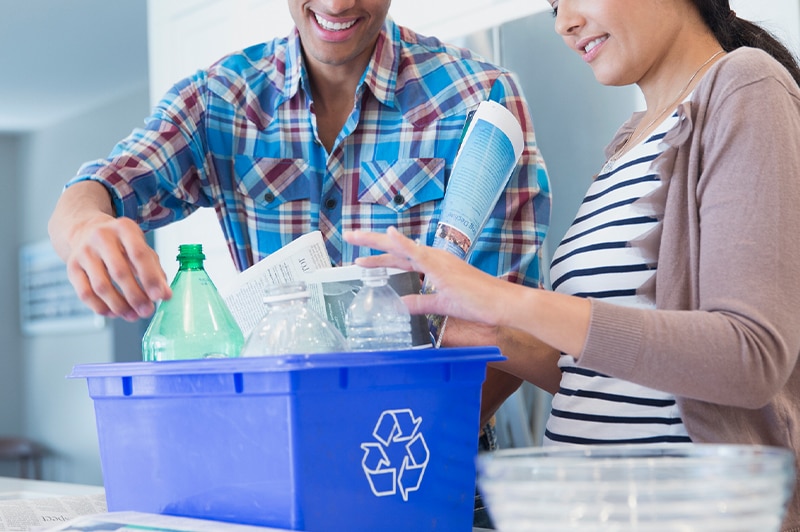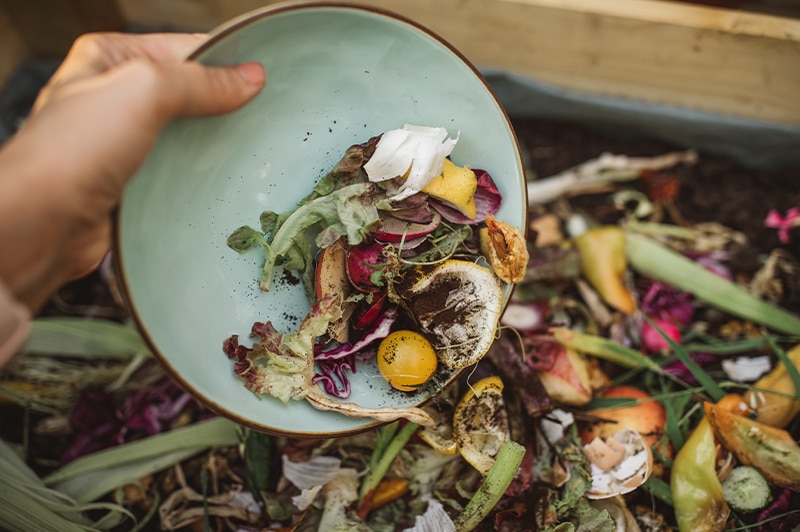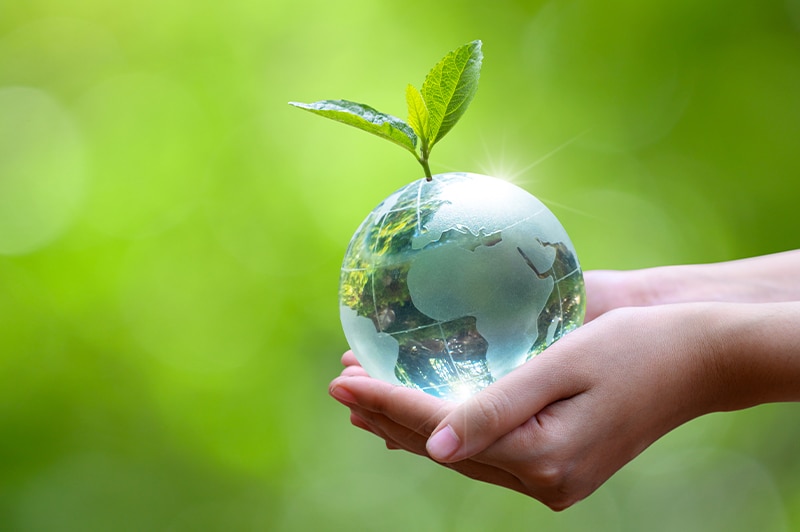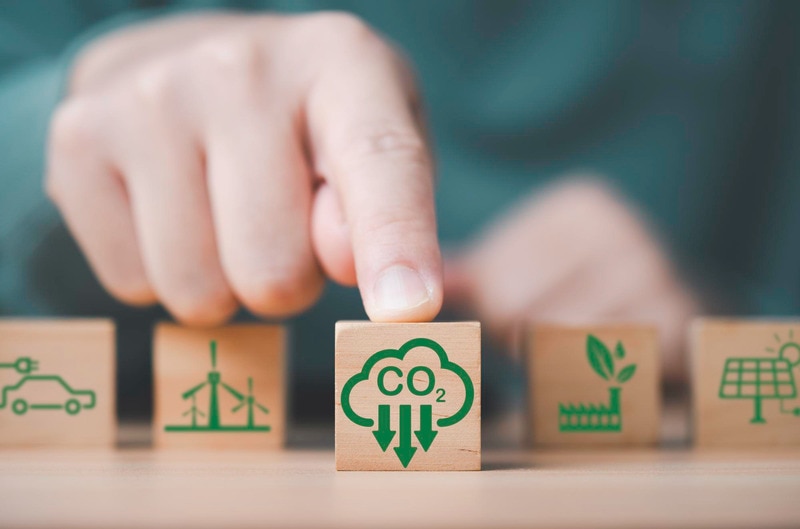What is environmental sustainability? The official explanation, according to the UN Brundtland Commission is, “meeting the needs of the present without compromising the ability of future generations to meet their own needs[7].” The idea of environmental sustainability is more important than ever before in a time when the health of Earth is increasingly under threat. It's a rallying cry for all of us—individuals, communities, and corporations—to live and operate in harmony with the Earth's ecosystems. To do this, we must make thoughtful decisions that provide for our immediate needs while also protecting those of future generations. Let’s take a look into what environmental sustainability entails, its undeniable global impact, and the collective efforts of individuals and corporations, with a spotlight on Nestlé Malaysia's pioneering sustainability initiatives.
An Introduction to Environmental Sustainability
Essentially, environmental sustainability is using Earth's resources in a way that doesn't harm the planet, so it can continue to support all forms of life now and in the future.
It is the disciplined approach to resource management that seeks to safeguard Earth’s natural cycles and ecosystems while ensuring that the needs of the current and future generations are met. Presently, around 140 emerging countries are looking for ways to meet their development needs[7].
As the Earth is facing significant challenges, such as climate change, pollution, deforestation, and the loss of biodiversity, it is our responsibility to adopt sustainable practices to protect our environment and ensure a livable future for generations to come. Environmental sustainability is all about making conscious decisions that contribute to the long-term health and well-being of our planet, from conserving water and energy to reducing waste and emissions. The essence of sustainability lies in understanding our interconnectivity with the environment and recognising that preserving it is not just an ethical duty but a necessity for our survival and prosperity.
How Environmental Sustainability Became More Important Than Ever Before
There has been an increase in farming and manufacturing as a result of the fast population growth, causing unsustainable resource management, energy consumption and the increase in greenhouse gas emissions[1]. The escalating climate crisis, characterised by rising temperatures, shifting weather patterns, and rising sea levels, poses an existential threat to biodiversity, human health, and economic stability. Loss of habitat from deforestation, driven by agricultural expansion and urban development, has led to a catastrophic decline in wildlife populations and the disruption of vital ecological functions. Pollution, from the depths of our oceans to the outer reaches of our atmosphere, contaminates ecosystems, endangers species, and exacerbates health problems among populations worldwide.
Needless to say, we need more supplies and energy for the survivability of generations to come. The ripple effects of environmental degradation are vast and multifaceted, touching every corner of the globe and every aspect of life. The urgency to combat these issues has never been more critical, demanding immediate and sustained action to steer the Earth towards a sustainable path.
The Role of Individuals in Promoting Sustainability
Every single person has the power to make a big difference in protecting the Earth. Our daily choices, from the products we buy to the food we eat, collectively influence the demand for sustainable goods and services. We can start to change things from the bottom up by choosing to live in an eco-friendlier and mindful way. This will encourage businesses to use greener methods and governments to make stronger environmental laws. Commitment to sustainability can show up in many ways, showing how powerful human action can be in making the world healthier.
Individual Environmental Sustainability Practices
Small Steps, Big Impact: How You Can Make a Difference
Reducing Energy Consumption
One of the easiest and effective ways to contribute to environmental sustainability is by cutting down on energy consumption. Every kilowatt-hour saved translates to a decrease in greenhouse gas emissions, air and water pollution, and dependence on non-renewable resources. Small changes like switching to LED lighting, optimising the use of heating and cooling systems, and introducing renewable energy sources into our daily energy consumption, are efforts to help the Earth. You can also be on the lookout for energy-efficient appliances, specifically those with high Energy Star rating certified models. These appliances meet strict energy efficiency guidelines set by the Tenaga Nasional Berhad[2]. Such practices not only lessen our environmental impact but also offer the added benefit of reducing household energy bills.
Minimizing Waste
We live in a world overflowing with waste. From single-use plastics to overflowing landfills, the sheer volume of waste we generate poses a significant threat to Earth. However, we can make a big difference in reducing the amount of trash we make by following these three simple rules: reduce, reuse, and recycle.
Reduce: Before you buy something, ask yourself: "Do I truly need this?" Consider alternatives like borrowing, renting, or repairing existing ones. Opt for products with minimal packaging, and choose concentrated formulas or bar soaps to minimize container waste.
Reuse: Ditch single-use items like plastic bags, water bottles, and coffee cups, or give them a second life! Instead of throwing away that old jar, turn it into a funky flower pot or repurpose old clothing into cleaning rags. The possibilities are endless!
Recycle: When you can't reduce or reuse, responsible recycling becomes crucial. Familiarize yourself with your local recycling guidelines and diligently sort your waste.
Following these 3Rs is a way to significantly reduce the volume of waste sent to landfills, conserve natural resources, and lower pollution levels, ultimately contributing to a more sustainable future.
Here’s another fun tip: before buying something brand new, consider giving pre-loved items a second chance! Explore thrift stores, flea markets, or online marketplaces for hidden treasures. Instead of throwing away your used clothing or personal items, you can sell them in flea markets or thrift stores to earn some extra cash!
Conserving Water
We’d expect crystal-clear water to flow through every time we turn on the tap, but what if that wasn’t always the case? Water, the lifeblood of the Earth, is a finite resource facing increasing pressure from climate change and growing populations. Every action we take, from brushing our teeth to watering our plants, contributes to our overall water footprint.
Water conservation plays a critical role in our efforts to achieve sustainability. Fixing leaks, putting in low-flow fixtures, and using water-efficient products are all simple actions that can make a big difference in how much water we use. For instance, fixing leaks can help you avoid wasting up to 3 gallons of water per day, costing you money and precious resources. As a bonus, choosing drought-resistant plants can further reduce water consumption and help preserve this precious resource.
By working together and adopting these simple practices, we can ensure a sustainable future where every drop is valued and protected. So, let's turn off the tap on water waste and embrace a water-wise lifestyle!
Supporting Sustainable Products
Ever wonder if your shopping choices can truly make a difference? The answer is a resounding yes! In today's world, empowered consumers like you hold immense power to influence the future of Earth. By choosing environmentally-sustainable products, you not only help minimise environmental impact but also influence businesses to start supporting sustainability.
But what exactly are "sustainable products"? These are goods that minimize their environmental impact throughout their lifecycle, from sourcing raw materials to production, distribution, and ultimately, disposal. You can look out for products with eco-friendly packaging or products with sustainable certification. As consumers, we should always opt for more sustainable products whenever we can. By prioritizing products with eco-friendly packaging, certified organic ingredients, and ethical sourcing, consumers can drive demand for sustainable goods, encouraging companies to adopt greener production methods.
Corporate Sustainability Initiatives and Policies
Sustainability policies and programmes are very important when it comes to corporate responsibility because they help remind the potential damages that businesses do to the Earth. Forward-thinking companies are building sustainability into their core business plans because they know that caring for the environment and corporate success are linked. Some of these initiatives could range from investing in renewable energy and sustainable supply chains to reducing carbon emissions and conserving natural resources. By setting ambitious environmental targets and transparently reporting on their progress, corporations can contribute significantly to global sustainability efforts.
Nestlé Malaysia’s Efforts in Environmental Sustainability
We, at Nestlé Malaysia have been actively involved in environmental sustainability efforts, focusing on a range of initiatives aimed at reducing its environmental impact and promoting a greener future. These efforts are part of their broader commitment to sustainability and responsible business practices. By prioritizing sustainability across its operations, Nestlé Malaysia not only contributes to environmental preservation but also sets a benchmark for corporate responsibility in the region.
Acting on Climate Change: Nestlé Malaysia has recognized the urgency of addressing climate change and is committed to achieving net-zero greenhouse gas (GHG) emissions by 2050[3]. We understand that climate change not only poses a significant risk to the environment but also to the future of businesses. A significant portion of our GHG emissions comes from our value chain, hence we are working closely with partners across our supply chain to reduce emissions, not just within our own operations but throughout our entire value chain.
Plastic Waste and Packaging: One of Nestlé Malaysia's key environmental initiatives is tackling plastic waste. We are accelerating our actions to address this issue, focusing on making all of our packaging recyclable or reusable by 2025[5]. This initiative is part of our global commitment to reducing waste and moving towards more sustainable packaging solutions.
Zero Waste to Landfill and Protecting Nature: Protecting nature is another crucial aspect of Nestlé Malaysia’s sustainability strategy. The company has been aiming for zero waste to landfill in our operations since 2017, ensuring that all waste is either recycled, reused, or recovered. The organic waste is even converted into animal feed or organic fertilisers, demonstrating Nestlé Malaysia's commitment to reducing the impact on the environment and conserving natural resources.[6].
Nestlé Malaysia's sustainability efforts are comprehensive, covering various areas from climate action and waste management to water conservation and responsible sourcing. These initiatives reflect the company's commitment to not only ensuring the sustainability of its business operations but also contributing positively to the environment and communities in which it operates.
By embracing sustainable practices in our daily lives and supporting businesses that prioritise the environment, we can contribute to a more sustainable and equitable world. Nestlé Malaysia's dedication to sustainability serves as an inspiring model for corporate engagement in environmental preservation. As we move forward, let us all commit to making sustainability a core part of our ethos, for the health of our planet and the well-being of future generations.
